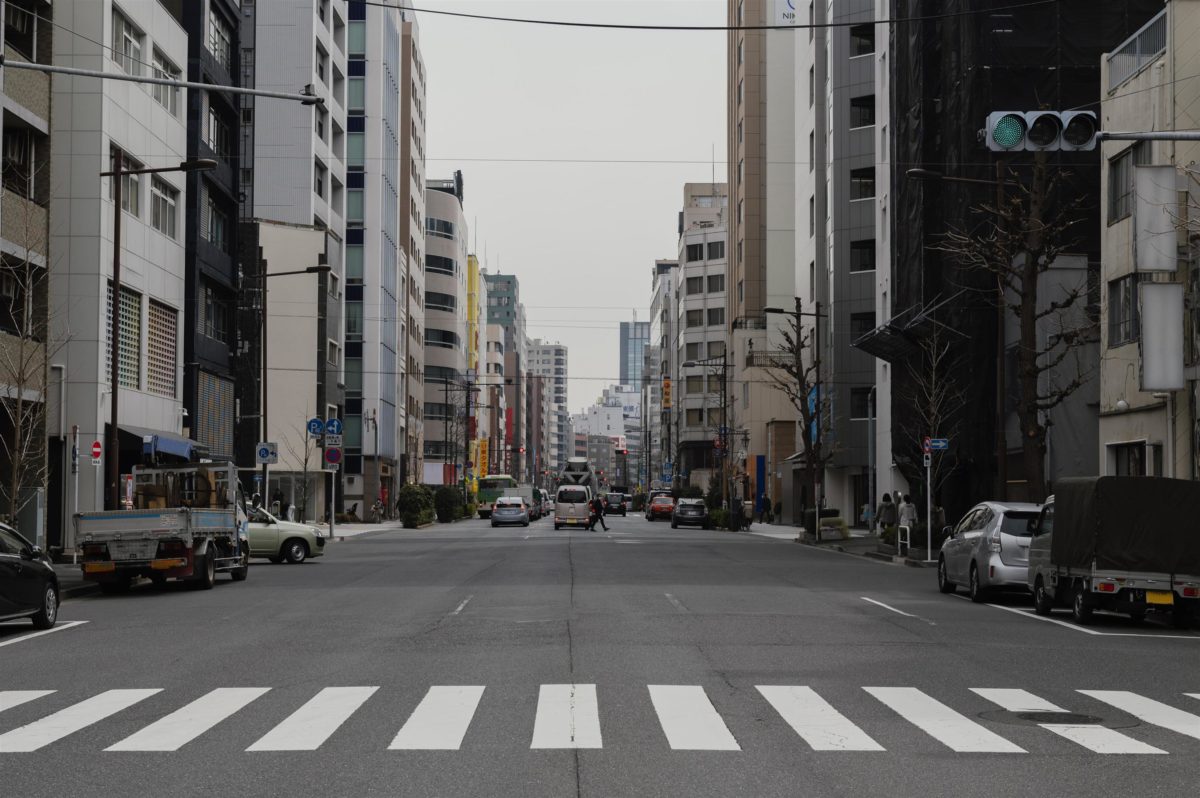China imposes fresh COVID-19 curbs on multiple cities, from business halts to lockdowns, to rein in new infections.
The tough restrictions by local governments are under the heel of Beijing’s dynamic zero-COVID policy. Correspondingly, the policy aims to promptly stamp out all outbreaks at a time when much of the world co-exists with the virus.
China explained that the curbs must be targeted as possible to reduce the damage to the world’s second-largest economy.
Subsequently, financial hub Shanghai braced for another mass testing effort after finding a highly-transmissible Omicron subvariant.
The discovery of local infection with the BA.5.2.1 subvariant raises the stakes of quickly limiting a small outbreak. This move would avert more disruptive steps similar to the lockdown in April and May that roiled the global economy. Authorities found the BA.5 lineage in the province of Shaanxi and Dalian in Liaoning province.
Meanwhile, Mainland China reported 352 new domestically transmitted infections on July 10. Then, in the data, 46 of these were symptomatic, and 306 were asymptomatic.
Eventually, in the central province of Henan, the town of Qinyang locked down its nearly 700,000 residents from Sunday.
Furthermore, mass tests also began on Monday in several central districts of the southern metropolis of Guangzhou.
China trade, spending dulled by Covid uncertainty
China’s strict COVID curbs heavily weighed on the country’s economic activity. In line with this, analysts anticipated the June trade figures and retail sales to confirm the slowdown.
In addition, experts said that the falling international demand would significantly slow China’s exports. This dampened sentiment came as expectations for Western economies worsened.
They also argued that the uncertainties of the coronavirus measure would continue to loom over domestic consumption. Despite some government support, the indicator has significantly weakened from the pre-pandemic levels.
Furthermore, on Monday, China’s automobile industry association downgraded its 2022 sales forecast. The sector cited the anti-pandemic measures weighed on the economy and its car market.













